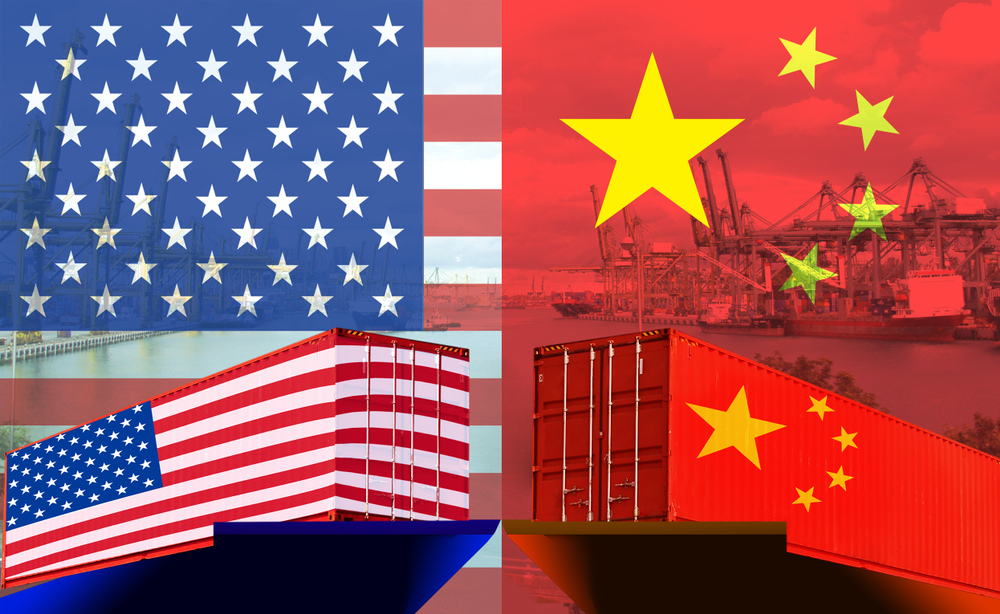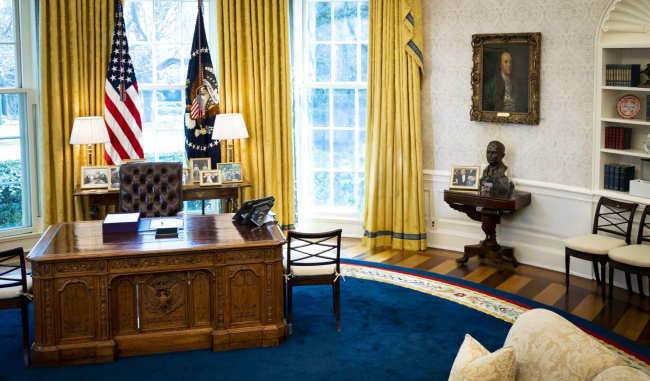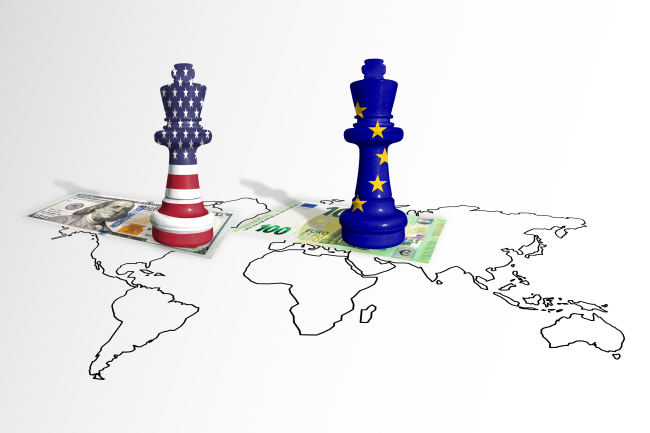The US-China Trade War: What Is the Outcome after the Trump Presidency?

One of Donald Trump’s campaign promises in 2016 was to end China’s “cheating” on trade and to reduce America's trade deficit by imposing significant tariffs on U.S. imports of Chinese products. This study draws up a first assessment of his policy - and of the "trade war" which stemmed from it.

The practices denounced by Trump – currency manipulation, forced transfers of technology, intellectual property violations, market access restrictions – are directly in line with the criticisms voiced by Americans (and Europeans) these past twenty years. The “trade war”, which culminated in 2018 and 2019, is therefore less a paradigm shift than a change in method. By unilaterally imposing massive tariffs, this administration has departed from the traditional American approach favoring multilateral mechanisms and limited use of targeted tariffs.
How does this trade war play into the technological and strategic competition opposing China and the United States? What are the consequences of the 2018-2019 tariffs escalation on the U.S.’s and China’s economies? How will it impact the multilateral trading order? Following the “Phase One” deal signed in January 2020, what future prospects for the China-U.S. relation?
This content is available in French : La guerre commerciale sino-américaine : Quel bilan à l'issue de la présidence Trump ?
Download the full analysis
This page contains only a summary of our work. If you would like to have access to all the information from our research on the subject, you can download the full version in PDF format.
The US-China Trade War: What Is the Outcome after the Trump Presidency?
Related centers and programs
Discover our other research centers and programsFind out more
Discover all our analysesDonald Trump v. the States: the Case of New York
While the disruptive policies of the second Trump administration are being implemented at the federal level and on the international stage, they are also being felt in the federal states and major cities across the country. In the spring of 2025, several cases involving the state and city of New York demonstrate that the president’s attacks on environmental protection, the separation of powers, freedom of speech, etc., are also being carried out at the local level.
How the US under Trump Became a Strategic and Ideological Adversary of Europe
The Europeans' worst security nightmare seems to be coming true: on Tuesday, February 18, 2025, U.S. Secretary of State Marco Rubio and Russian Foreign Minister Sergey Lavrov met in Saudi Arabia to initiate the normalization of relations between their two countries. The meeting also aimed to set up peace negotiations for Ukraine. However, despite having the potential to affect the entire continent, the discussions took place without the Europeans or the Ukrainians being present.
Will Trumpian Authoritarianism Lead to a Constitutional Crisis?
Since his return to the White House on January 20, 2025, President Donald Trump has signed around sixty executive orders to implement his political agenda. Numerous other measures have also been introduced by the White House and the new Department of Government Efficiency (DOGE) as part of these orders.
Trump’s Second Term: Laying the Groundwork for a New Trade War
In a statement released on February 1, 2025, President Trump announced the implementation of a 10% tariff on Chinese goods and a 25% tariff on imports from Canada and Mexico. While the former took effect via executive order on February 4, the latter were granted a 30-day reprieve. Sanctions targeting European Union (EU) products are said to be imminent.











